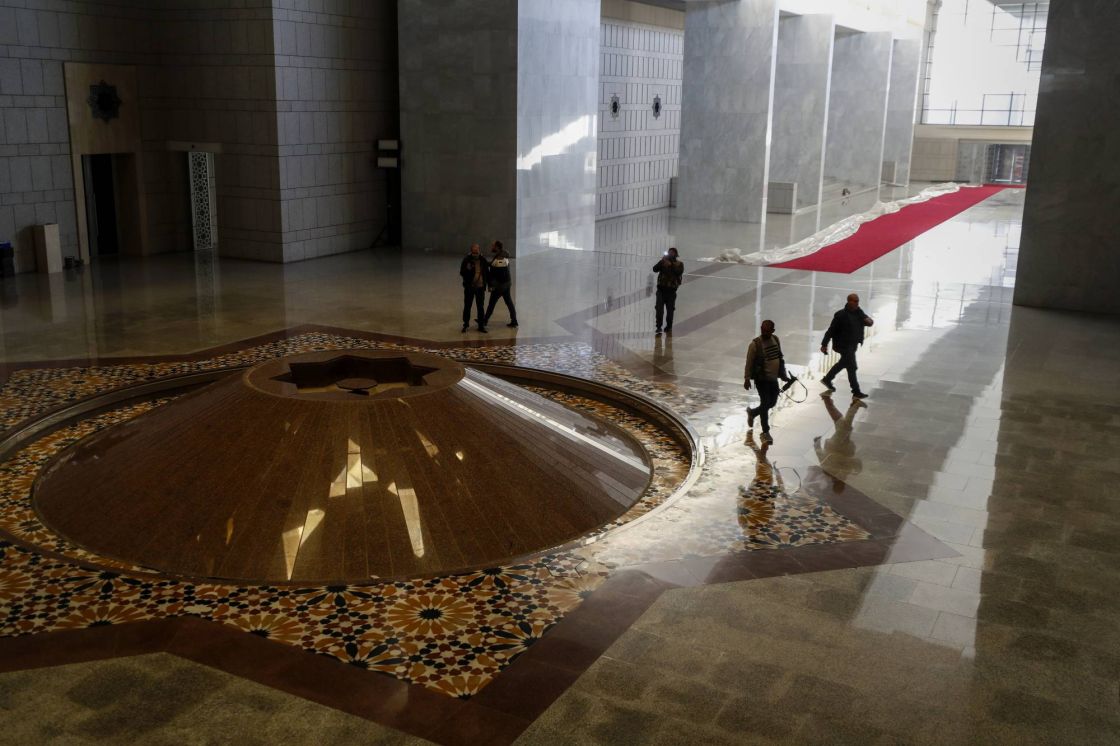- Editorials
- Posted
Kassioun Editorial Special Issue: Authority is a Source of Corruption
In its last editorial, Kassioun intensively demonstrated its vision on “how to win the war on poverty”, setting out six programmatic points that cannot be overlooked if there is a genuine will to end poverty in Syria. Here, we address a fundamental aspect of the “war on poverty”, which is the “war on corruption”.
From the bitter experience with the previous regime, the following ideas can be drawn:
First: The rise in rhetoric about the war on corruption and the war on poverty is not an indication that this war is actually underway. Rather, it could be a cover for the spread and entrenchment of corruption and poverty.
Second: Attempting to explain corruption as a moral or spiritual phenomenon caused by “poor upbringing” or “deviation from God” shifts responsibility away from the authorities and places it on society.
Third: Corruption in its economic-political sense is of two types: the first is grand corruption perpetrated by a small number of influential people within the authority and society, which accounts for up to 80% of the total proceeds of corruption. The second is petty corruption, which involves tens and hundreds of thousands of people. The second type of corruption is produced and encouraged directly by the first type of corruption to justify its existence, and indirectly through wages falling dramatically below the minimum standard of living.
Fourth: Corruption thrives in the dark and behind closed doors, i.e., in the absence of public oversight and direct political participation in the management of the country’s and their own affairs. This means that the lower the level of political freedoms and political activity in a country, the more corruption grows and becomes more widespread.
Fifth: The economically liberal policies pursued by Bashar al-Assad, including “openness”, “free economy”, subsidy cuts, the destruction of the state’s social role, and the undeclared privatization of the public sector, played a tremendous role in deepening and developing corruption from stealing a portion of the public sector’s production (under the pretext of its corruption) to stealing all of its production (under the pretext of its loss-making nature). Moreover, this liberalization was accompanied by an increase in the level of repression, even before 2011. This is because the liberal economic model in developing countries has been proven, through the concrete experience of dozens of peoples and countries, that its concomitant companion is an increase in the level of repression as a natural consequence of rising levels of poverty, unemployment, and marginalization.
The above lessons, for which Syrians have paid the price in suffering, poverty, unemployment, and marginalization, allow us to formulate the basic points of a real program to combat corruption:
First: The windows and doors of power must be opened to allow the purifying sunlight to enter. This sun is nothing but the people’s oversight and open eyes, through their active political participation at all levels of government. This requires a new and different logic in governing the country, one that is different from the all-knowing “wise leadership” that concocts agreements, programs, and structures all by itself, in secret, while the people await relief.
Second: The basic gateway to effective participation in the concrete circumstances is an inclusive general national conference that produces a national unity government and a permanent constitution in which the people govern themselves, and free and fair elections in which the Syrian people decide their own destiny.
Third: Selling illusions about the “free economy” model and foreign relations with the West, through which businessmen in suits and bags full of dollars come to rescue Syrians from their poverty, is a perfect formula for corruption to grow and deepen. It is the same formula used by the Assad regime from 2005 until 2011 and beyond, leading to what we all know.
A true war on corruption and poverty begins by treating authority, any authority, as a source of corruption, and that the ones who correct its work are those with a stake in eliminating poverty and corruption, i.e., the poor themselves, who are in our case, 90% of Syrians. This must be achieved through effective political participation, protected by a permanent constitution and expressed through free and fair elections, within a state with a real social role in education, health, housing, and the various sovereign sectors.


